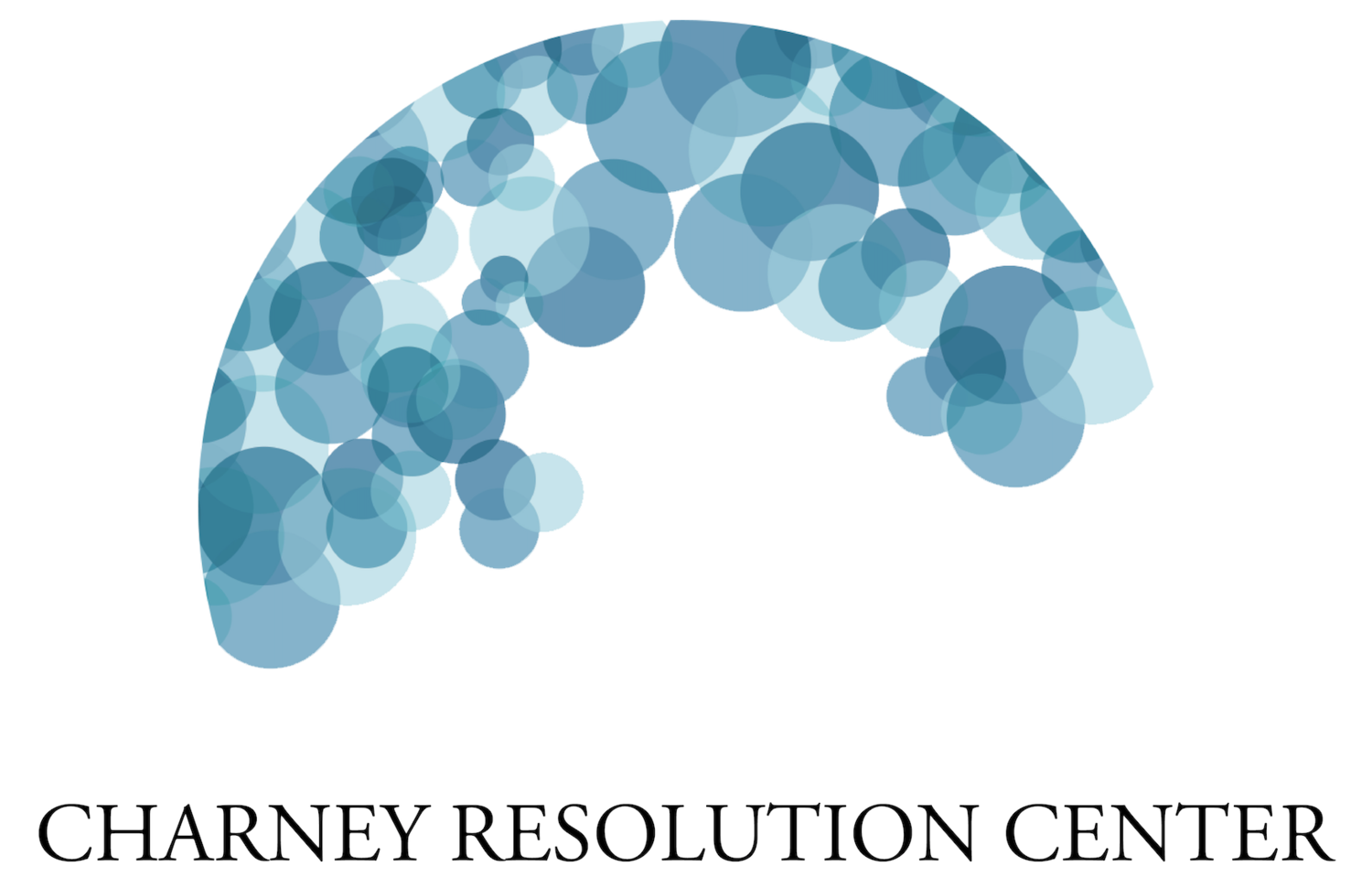In April this year, students from the Leon Charney Diplomacy Program at Florida Atlantic University recently traveled to New York City to participate in the 2024 National Model United Nations New York conference. This renowned conference, known for its realistic simulations of United Nations committees, attracts top students worldwide. Representing Egypt and the United Kingdom, the FAU student delegates demonstrated their skills across various general and specialized committees, including the UN General Assembly, Economic and Social Council, Peacebuilding Commission, International Atomic Energy Agency, and the Security Council. This was not the first conference for this experienced group of delegates, who were coming off winning the first-place national title at the 2023 National Model United Nations conference in Washington, DC, the sixth for the program. Under the guidance of Professor Jeffrey Morton, Director of the Diplomacy Program, students undertook rigorous conference preparation that strengthened their negotiation and public speaking skills and immersed them in their country’s domestic and foreign policy. It was this dedication to the development of these skills and hard work that contributed to their success in New York.
Delegates from the Leon Charney Diplomacy Program participated in the conference, assumed leadership roles, and significantly contributed to the substantive work of all simulated committees. Representing major nations, delegates positioned themselves as pivotal to the committee's work, enabling them to be instrumental in negotiating policy. Across all committees, delegates discussed international policy issues across a broad range of topics, including the impact of food insecurity in developing nations, the relationship between gender equality and economic development, and protecting child refugees.
In the General Assembly First Committee, longtime Leon Charney Diplomacy Program veterans Benjamin Cohen and Celia Roberts represented Egypt and the United Kingdom, respectively. This committee addressed the relationship between disarmament and development and the role of science and technology in international security and development. Both delegates actively organized multiple working groups, sponsoring over half of the draft resolutions. They focused on leading negotiations and policy-making debates that delved into the complex relationship between reducing weapons stockpiles and redirecting resources toward sustainable development initiatives while ensuring national and international security. For the second topic, they led discussions on how technological innovations could enhance and compromise global security, underscoring the importance of balancing technological advancement with comprehensive security measures. The Committee focused on how artificial intelligence, information and communication technologies, and other emerging technologies could be used for sustainable development. Both delegates contributed significantly to creating and organizing a universal resolution and a specialized document on cyberterrorism.
Delegates from the Leon Charney Diplomacy program succeeded due to their extensive preparation for high-pressure diplomatic situations, including simulations based on real-life and theoretical situations, and honing their negotiation and leadership skills. Public speaking exercises prepared them to deliver speeches in uncomfortable and new situations, better preparing them for the conference in New York. Days-long discussions with their working groups defined their experience at the conference. Students emerged as leaders in these situations, guiding conversations in groups of five to over thirty delegates to create resolutions incorporating aspects of each member state’s policies and priorities. Coming into the conference with an in-depth understanding of their countries' policies, students from the Leon Charney Diplomacy Program guided their committees to draft resolutions that benefitted their member states and the international community.
Using their skills honed over a year of study in the Leon Charney Diplomacy Program, Florida Atlantic University students gained invaluable negotiation, diplomatic, and issue-specific knowledge. These skills were strengthened by participating in the conference, where they received awards recognizing their diplomatic abilities. Both delegations from the Leon Charney Diplomacy Program received Outstanding Delegation awards, recognizing their overall excellence in committee engagement, professional and diplomatic values, and use of the rules of procedure, in addition to an Outstanding Delegate in Committee and an Outstanding Position Paper Award. These accolades led to Florida Atlantic University placing sixth among the 234 schools participating in the conference, the top 3% of all delegates. The Leon Charney Diplomacy Program has prepared students for this conference and played a vital role in developing a deeper understanding of the world and problem-solving skills by challenging them to improve academically, interpersonally, and diplomatically. The Leon Charney Diplomacy Program’s participation in the 2024 National Model United Nations conference allowed FAU students to showcase their skills, enhance their understanding of global issues, and develop their ability to work with different people and perspectives from around the world. This year’s National Model United Nations fortified students’ strong diplomatic foundations built by the Leon Charney Diplomacy Program and added to their academic and professional experiences at Florida Atlantic University.
Benjamin Cohen is a graduate student in the Department of History at Florida Atlantic University. He graduated summa cum laude from FAU in May 2024 with his BA in History and Political Science. Following his graduate studies, he plans to attend law school.
Celia Roberts is a recent graduate of the Harriet L. Wilkes Honors College at Florida Atlantic University, graduating summa cum laude in May 2024 with her Honors BA in Political Science. Her honors thesis is entitled “Pentecostalism and Populism: The Evolution and Political Implications of Religious Change in Costa Rica and Guatemala,” and she plans to attend law school in 2025, pursuing a career in international law.


